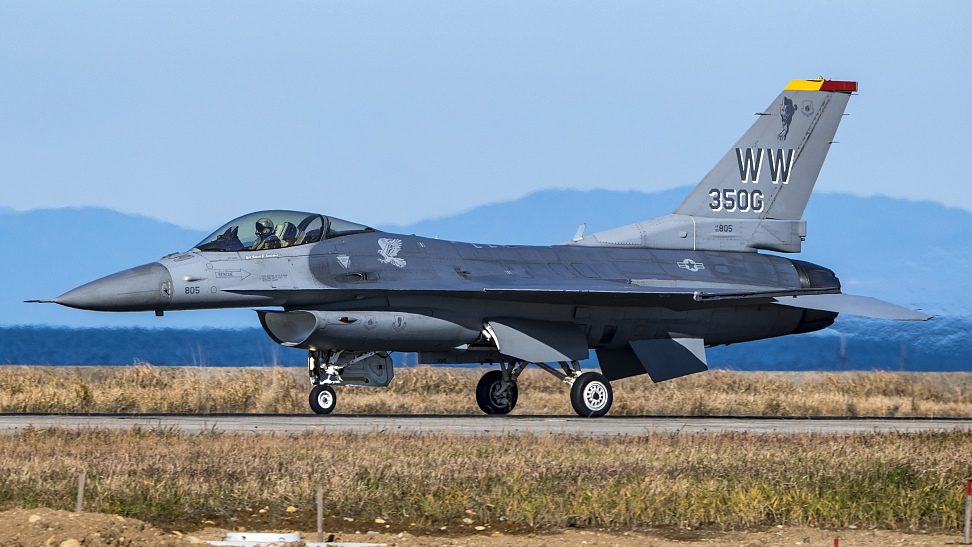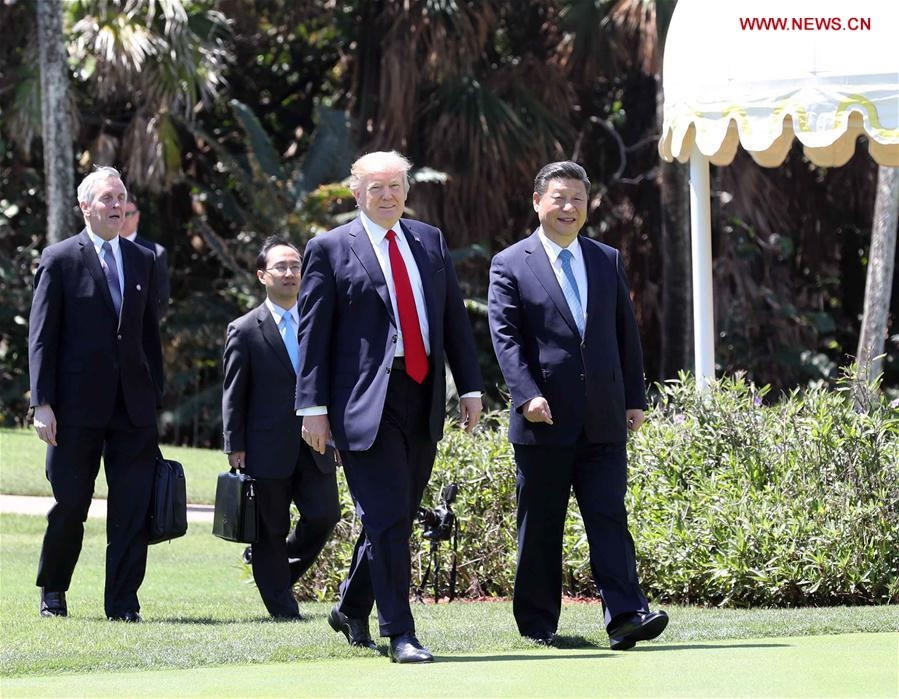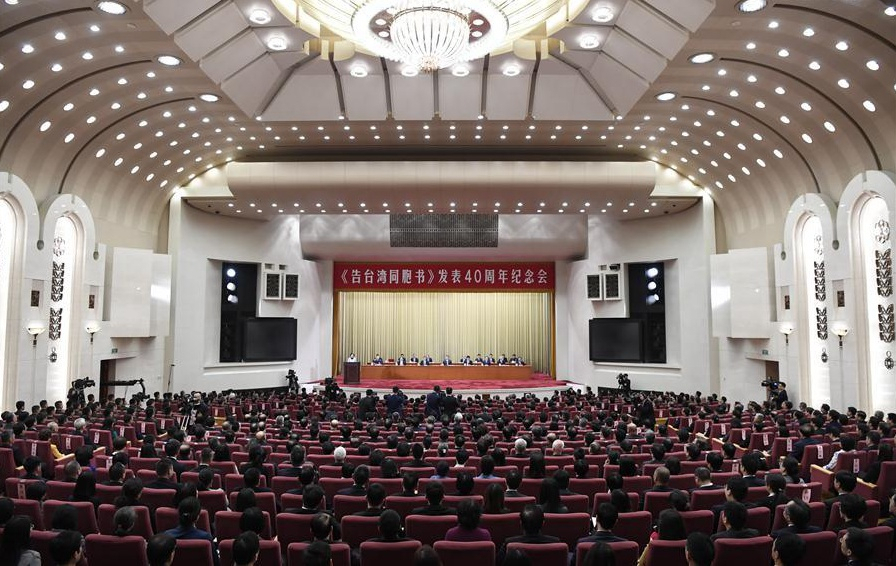

Editor's note: John Gong is a research fellow at Charhar Institute and professor at the University of International Business and Economics. The article reflects the author's opinion, and not necessarily the views of CGTN.
U.S. President may have saved a few lives in Iran by calling off the bombing mission in retaliation of Iran’s downing a U.S. Navy drone a few months ago, but his unprecedented success as America’s death-merchant agent dwarfs the performances of any previous U.S. president.
Last year, Washington sold 55.6 billion U.S. dollars worth of weapons around the world, a massive 33 percent increase over 2017. Saudi Arabia, Australia, and UAE topped the list. Since coming to power, the White House has released a new arms sales policy document, which, among other things, has effectively rendered Washington’s entire teams of diplomatic corps around the world into a formidable sales force for America’s defense industry.
These poor career diplomats in the State Department are supposed do everything they can to encourage foreign governments to buy American tanks, missiles, bombers, fighter jets, etc. And so far they have succeeded beyond the wildest imagination.
But when it comes to Taiwan, the word “encourage” would be an insult to Donald Trump’s “America First” banner. Trump does not encourage Taiwan’s Tsai Ing-wen to buy American weapons – he shoves these things down her throat.

Chinese President Xi Jinping (R) and his U.S. counterpart Donald Trump (2nd R) take a walk in the Mar-a-Lago resort in Florida, U.S., April 7, 2017. /Xinhua Photo
In fact, Taiwan has now become Trump’s most profitable casino. Well, save the hassle. It is just his all-time available ATM machine. In 2019, it looks like Taiwan will break into the top-three list of America’s weaponry customers.
In the four Obama years preceding the Trump administration, there was only a single arms sales contract to Taiwan in 2015, valued at 1.83 billion U.S. dollars. But since coming to power, Trump has already approved five sales contracts altogether, valued at 12.47 billion U.S. dollars in total, including the 8 billion U.S. dollars deal just announced on August 18 for 66 F-16V fighter jets.
Just a month ago, Taiwan swallowed down another arms sales contract valued at 2.22 billion U.S. dollars for 108 Abrams tanks, 250 Stinger missiles and a bunch of other gadgets. These latest two deals announced only a month apart already gobbles up 10.22 billion U.S. dollars.
Now keep in mind Taiwan’s total budget is only 64.6 billion U.S. dollars; yet it spends a whopping 17 percent on defense for a total defense budget of 11 billion U.S. dollars. That leaves less than 780 million U.S. dollars for maintaining a force of about 400,000 after the latest two arms deals, or less than 20,000 dollars per headcount. And we are not done yet for the year.
So at this speed, it is like the U.S. is forcing Taiwan to choose between guns and butter. Taiwan is going to starve before its soldiers can pick up the America-supplied weapons to fight.

The gathering to commemorate the 40th anniversary of the "Message to Compatriots in Taiwan" held at the Great Hall of the People in Beijing, capital of China, January 2, 2019. /Xinhua Photo
Beijing will certainly protest, because this is a grave violation of the third Sino-U.S. Joint Communique signed in August, 1982, which states that “(U.S.) arms sales to Taiwan will not exceed, either in qualitative or in quantitative terms, the level of those supplied in recent years since the establishment of diplomatic relations between China and the United States, and that it intends to reduce gradually its sales of arms to Taiwan, leading over a period of time to a final resolution."
Nevertheless Washington has been treating this communique as Kleenex over the years, as arms sales to Taiwan has been on an uptrend. The Trump administration is the worst in this regard.
Ultimately the significance of U.S. arms sales to Taiwan will be determined on how fast and how strong the Chinese mainland side’s defense capabilities grow, which is ultimately determined by the mainland side’s development of economic power vis-à-vis Taiwan’s.
In that regard, I suggest that Beijing can take a page from Trump’s technology decoupling playbook by gradually rolling back and eventually totally decoupling the technology relations between the two sides, or maybe even the economic relations. Taiwan really needs to think twice what is in the best interest for itself, guns or butter?
(If you want to contribute and have specific expertise, please contact us at opinions@cgtn.com.)

Copyright © 2018 CGTN. Beijing ICP prepared NO.16065310-3
Copyright © 2018 CGTN. Beijing ICP prepared NO.16065310-3